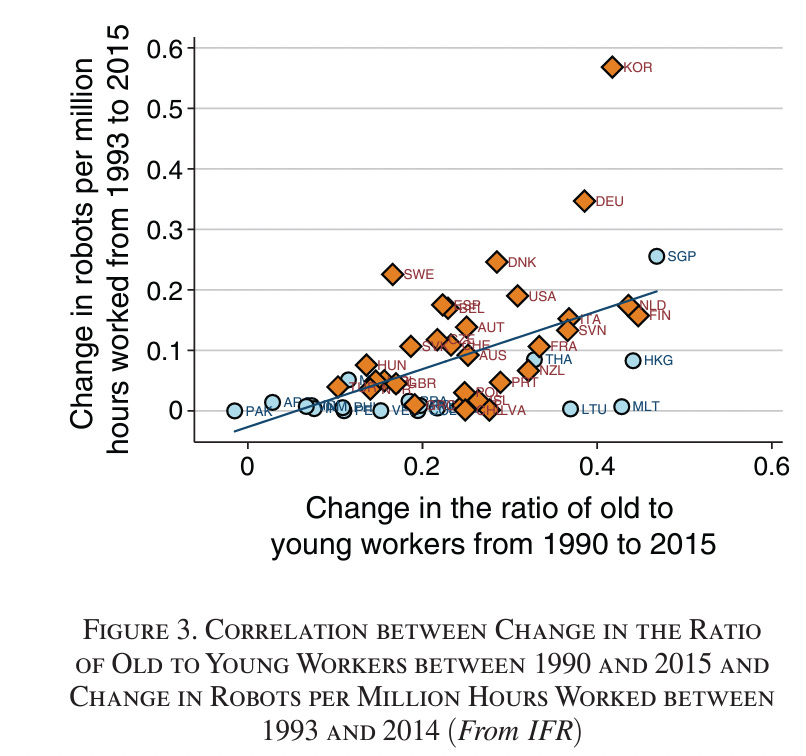Job-creating economic growth is a major engine of gender equality. When companies run out of skilled men, they hire and promote women. As vast swathes of women demonstrate equal competence in socially valued domains, they gain status.
Structural transformation, exposure to women in positions of prestige and collective reflections encourage two ideological shifts:
People come to personally believe that women are equally competent and deserving of status;
People increasingly realise that gender equality is broadly supported in their wider community.
Growth alone is not sufficient, however. It does not necessarily create labour scarcity. If growth is based on robots or resource extraction, companies can profitably maintain their tastes for discrimination. If there’s a surplus of skilled men, willing to work ultra long hours, then they themselves will compete to please the boss. There is no call for women.

That is precisely what I believe is happening in South Korea.
Consider the following:
South Korea has achieved high economic growth;
Manufacturing is a key driver of growth. Other sectors are not globally competitive; their productivity is much lower.
Robotisation in manufacturing has enabled high productivity;
South Korea has the world’s highest robot density: 932 robots per 10,000 people;
Robots mean that population ageing does not create labour shortages;
There is no shortage of talent, because extremely well-educated men are willing to work ultra long hours (the longest in the OECD).
Since demand is artificially low in manufacturing, some men move into services, undertaking roles that would have otherwise been done by women.
Companies can maintain their own (and their employees’) patriarchal preferences, elevating men above skilled female graduates.
Discrimination makes workplaces incredibly unpleasant, pushing women out.
Correct me if any of those premises are incorrect. Regrettably, I’m not sure how you would test this empirically, but I do think it is plausible.
Perhaps other brilliant minds will investigate.. Let me know.












In the case of Korea, a better generalised statement would be 'robots are replacing would be immigrants' as they're mostly industrial robots replacing factory workers (largely dominated by a male immigrant workforce). Robot adoption has been accelerated in Korea largely due to low birth rates and a general Korean adversity towards immigration.
you're assuming that the Korean preference for males is entirely irrational. assuming complete equality in job compatibility.
but if there are from having a male dominated work environment in the Korean context, then avoiding more women by using longer hours of men can be rational